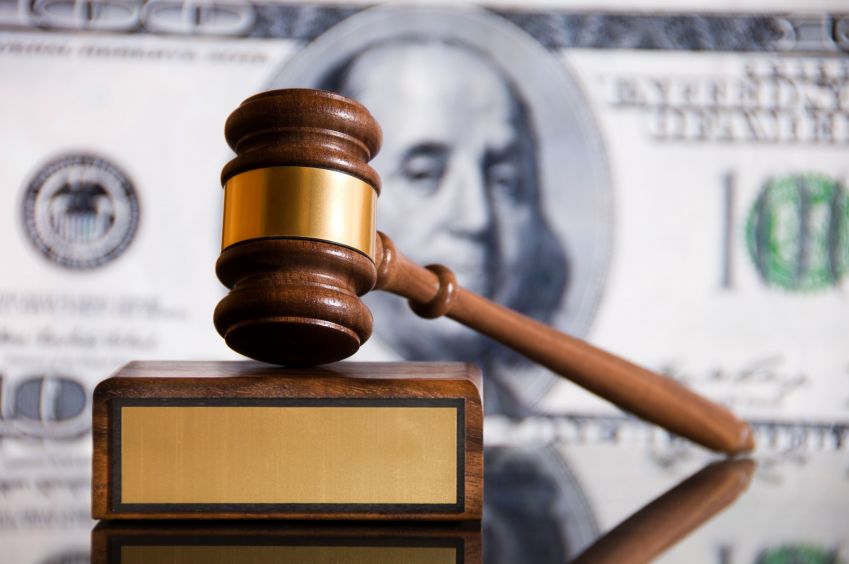How to Handle a Civil Judgment against You

A civil judgment usually follows the conclusion of a civil trial, where two parties are in a dispute which is not criminal in nature. For instance, your creditor can take you to court for non-payment in order to recover the money through the legal process. Once the court decides the case, a judgment may be passed against you, ordering you to pay the plaintiff the money you owe by liquidating your other assets. Moreover, the judgement also affects your credit ratings, which in turn can prevent you from obtaining money for future use.
This is the last resort used by a creditor in an attempt to recover the money. The civil court will assist him or her and take legal action against the particular individual in default of the loan.
Instructions
-
1
Pay the money
The first option you have is paying the money you owe. Resuming payments may convince the creditor to remove the case and settle any financial dispute. However, this may not work in some cases as the process was put in motion due to your negligence in the first place. Talk to your creditor about your financial situation and work a way out. Pay an amount higher than you owe to close the matter once and for all. -
2
Default judgment
Some judgments simply arise due to your failure to appear in the court. Absence from proceedings can put you in a worse situation, for instance garnishment, which gives the plaintiff access to your bank account details. -
3
Fight the judgment
If you feel hard done by, and the judgment against you is wrong due to an error, then fight the lawsuit. Contact the credit bureau agencies to obtain your credit report.
If you feel that the judgment entry is unlawful, then file for a dispute letter with all three credit bureau agencies. State your issues clearly, and support your claim by giving the necessary evidence. The agencies are bound to take action and investigate the dispute.
All information will be looked upon and sent to the court. A decision will be made and any removal will be listed as a notice of determination. This will verify your innocence and your credit ratings will be restored. However, if the ruling is not turned, request for a statement of dispute.






